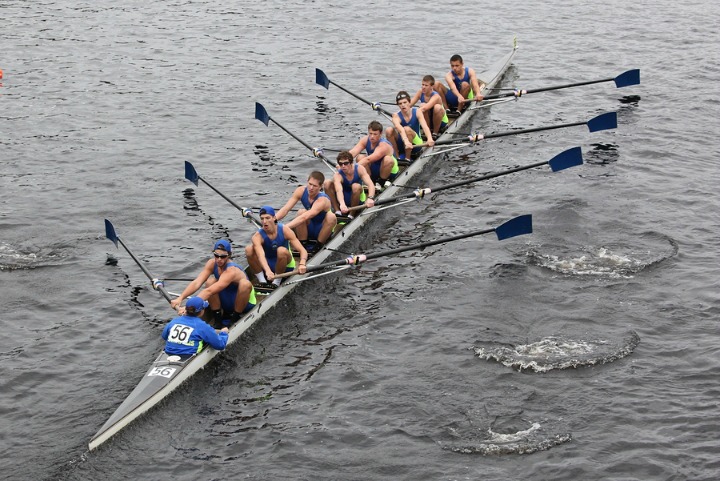For entrepreneurial activities, those with experience investing their own money in a company know that the organization’s team matters, as discussed in a previous IOI Partners article. This is no less true when undertaking intrapreneurial activities to tackle innovation within a large organization. The focus here is on innovations requiring significantly new activities for the organization and which also may be, but are not necessarily, new for the market. These might be classified as “C” type innovations or “Custom” innovations as discussed in Beyond the Idea: How to Execute Innovation in Any Organization by Vijay Govindarajan and Chris Trimble. Such an innovation may also go beyond this and require active change to the business model for the organization rather than just change to how the organization does things.
Such innovations may or may not rock the world but, whether or not they have a dramatic impact external to the organization, they first require some significant change within the organization in order to have any chance of success. These are the toughest innovations for an established organization to tackle and require true intrapreneurship to do it. As is the case with a start-up, a key component of the large organization’s innovation success is the team leader or fully engaged champion. The intrapreneurial leader must be a critical thinker capable of inspiring action above and below themselves within the organizational hierarchy.
Critical Thinking Skills and the Intrapreneurial Leader
The critical thinking skills are essential for the intrapreneurial leader as they typically cannot exercise the “no rules” approach that can be deployed by some entrepreneurial leaders to construct exactly what they need (resource limitations notwithstanding) to achieve their value proposition. Instead, the intrapreneurial leader will have to work with the existing effective infrastructure within the organization where it is not critical to replace or modify it.
Picking and prevailing in the critical battles is a key required capability of the intrapreneurial leader.
As with entrepreneurial teams, it is not just the leader that is a key to success but other skill sets or experience bases may be identified as critical to the team as well. Even when these are determined, either by executive management in launching the innovation or by the team initially chartered to flesh out the implementation plan required for success of the innovation, it is a common and often terminal mistake to limp forward without filling the gap.
Team Composition Mistakes to Avoid
As is the case with the investor in the start-up, management in the large organization ignores their instincts on critical team composition at their peril. Large organizations are perhaps more likely to make this mistake than the savvy investors in entrepreneurial start-ups. They don’t typically do this consciously but there are so many distractions that make it easy for management to believe that the problem is solved when it really isn’t that they often neglect to follow through on their instincts. These mistakes can be as simple as:
- Management agreeing to the acquisition of the skill set and then not ensuring the prioritization of the follow through necessary to enable the timely hire;
- Recognizing that the skill is in-house (somewhere in the organization) and vaguely giving the team access to it without dedicating it sufficiently to fill the critical gap;
- Identifying a candidate in the organization who is promising and on the learning curve for the required skill set and settling for them as sufficient to fill this critical gap despite a critical timeline that is incompatible with the learning curve.
If you have identified a characteristic or skill set as being critical to the team, don’t simply work around it because it is difficult to acquire. Prioritize it or recognize the cost to your efforts of not having it before moving forward. Trust your instincts and your well considered thoughts more than the compromise that seems the available path forward.
Teams are critical. Your intrapreneurial effort needs both a critical thinking champion and the skill sets you have identified as critical in order to succeed. Get these elements of your team right and you have a good chance of success.
